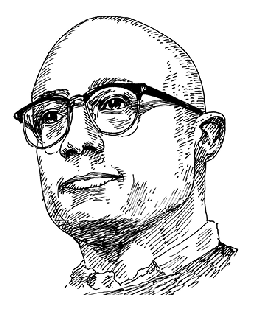Incredulous. That is the word that describes how I felt about the opportunity to interview Academy Award–winning director Barry Jenkins and about sitting across from him onstage in Las Vegas at the Believer Festival in April 2018. At this point in his career, Jenkins is hitting his stride, and I was concerned that my questions would be ones he had answered umpteen times before.
I was introduced to Jenkins’s work through Moonlight. Like many others, as I watched the film I knew that I was partaking in something special. Its cinematography and lighting are as sensitive to black skin as its transformative story of a black, queer boy living in Miami is to those two marginalized and disenfranchised groups.
Since then, Jenkins directed the forthcoming movie If Beale Street Could Talk, an adaptation of the James Baldwin novel, and will direct an Amazon series based on Colson Whitehead’s Pulitzer Prize–winning novel, The Underground Railroad. Seems to me that Barry is not only a filmmaker but also a bibliophile who pulls from both historical and contemporary sources.
My only regret is that the interview seemed to move too quickly. Forty-five minutes fly by when you’re having a good time, of course. Barry was just as effervescent onstage as he is on Twitter. He didn’t miss a beat. I was expecting an eyebrow raise from him, since I’m just a film lover and not someone who has actually studied the art, but instead he made my job easier than I’d expected. Even before the interview, he spiritedly walked backstage and said he already knew about me from an op-ed I’d written in The New York Times a few months prior; he even mentioned my accomplishments onstage, as if it were an honor to be interviewed by me, and not the other way around. Interviewing Barry was one of the highlights of my year.
—Morgan Jerkins
I. “JOJOBA OIL AND SHEA BUTTER”
MORGAN JERKINS: One of the things I wanted to talk to you about first was adapting stories that are not your own. I think a lot of times in literary circles you think about cultural appropriation, whether or not white people can write people of color well. Moonlight is a story about queer black men, and you are not queer. So I wanted to ask if you had any apprehension about adapting the story.
BARRY JENKINS: Yeah, I did have some reservations and doubts, because, as the world knows now, I am straight. But it was funny, because when the movie came out, at first I’d do these interviews and people kept being shocked....
You have reached your article limit
Sign up for a digital subscription and continue reading all new issues, plus our entire archives, for just $1.50/month.
Already a subscriber? Sign in





